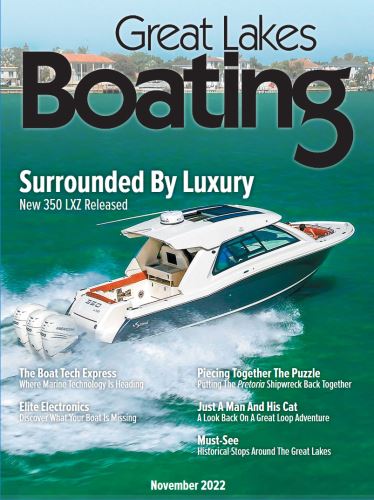 Most boaters don’t like making mistakes, especially when it comes to safety. With the recent release of the U.S. Coast Guard’s 2019 Recreational Boating Statistics, the BoatUS Foundation for Boating Safety and Clean Water recommends avoiding these three common boating mistakes to increase safety for all aboard.
Most boaters don’t like making mistakes, especially when it comes to safety. With the recent release of the U.S. Coast Guard’s 2019 Recreational Boating Statistics, the BoatUS Foundation for Boating Safety and Clean Water recommends avoiding these three common boating mistakes to increase safety for all aboard.
1. Using your cellphone to make a call, check social media, use a nonboating app, send emails, watch videos or anything else that distracts you from safely operating your boat. This all adds up to operator inattention and improper lookout, which combined with operator inexperience, excessive speed, and alcohol use rank in the top five primary contributing factors in accidents. Just like you do in your car, stay off your phone or other portable devices. Boaters should learn the S.C.A.N. (Search, Concentrate, Analyze, and Negotiate) method to help you navigate safely and stay clear of other traffic.
2. Not taking a boating safety course. Many boaters only learn about boating safety from family or friends, which may not be the best education. Where instruction information was known, the 2019 report notes that 70% of deaths occurred on boats where the operator did not receive boating safety instruction. Don’t wait until your state requires boating safety instruction – taking a course now will improve your chance for a safe day on the water. The BoatUS Foundation offers the only free, NASBLA-approved online boating safety course for 36 states.
3. Allowing guests to consume unlimited amounts of alcohol aboard your boat, even if the captain is sober. Recreational vessels operate under a wide range of hazardous conditions from the hot blazing sun to wind-whipped waves kicked up by a late afternoon thunderstorm. All of these combined with alcohol create a challenge for the person at the helm, who is legally responsible for everyone aboard. Alcohol use is the leading known contributing factor in fatal boating accidents, and statistics show it may be better to save it for when you and your guests are safely back at the dock.

